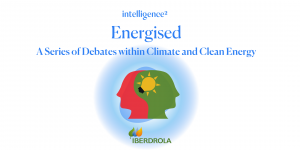
It’s make or break time for the planet. That’s the warning issued by the UN ahead of COP26 in Glasgow this November, when leaders and heads of state from all over the world will meet to agree on global action to fight climate change. The main goal will be for them to commit to reaching net-zero carbon emissions by the middle of the century with interim targets by 2030. If they don’t achieve this, many scientists warn, the effects of rising global temperatures – extreme weather, rising sea levels and warming oceans – may become irreversible. But what are the chances of success? Very little, if previous summits are anything to go by. Despite a COP having taken place every year since 1995 (with the exception of last year due to the pandemic), and all the buzz around the Kyoto Protocol of 2011 and the Paris Agreement of 2015, concentrations of greenhouse gas in the atmosphere have continued to rise steadily, even during the lockdowns of 2020. But this year there is an unprecedented urgency in the run up to the conference. Can the biggest emitters – China, the US, India, Russia and Japan – be persuaded to sign up to legally binding agreements on emissions? Will the voices of people from the Global South, where the effects of the climate crisis are already being felt, be heard? And is the UN’s top-down approach really the best way to tackle the most pressing existential threat facing the world today?
We were joined by ScottishPower CEO Keith Anderson and Professor of Energy Policy and Official Fellow in Economics Dieter Helm to debate whether COP26 will make any serious contribution in the fight against climate change.
Speakers subject to change.